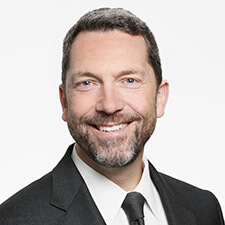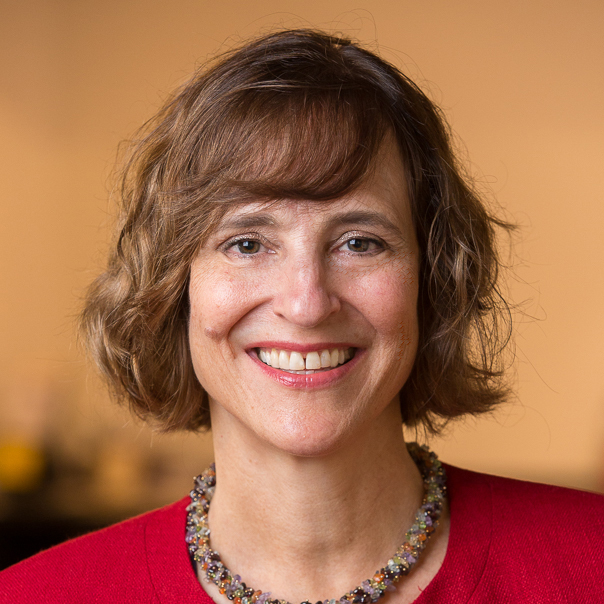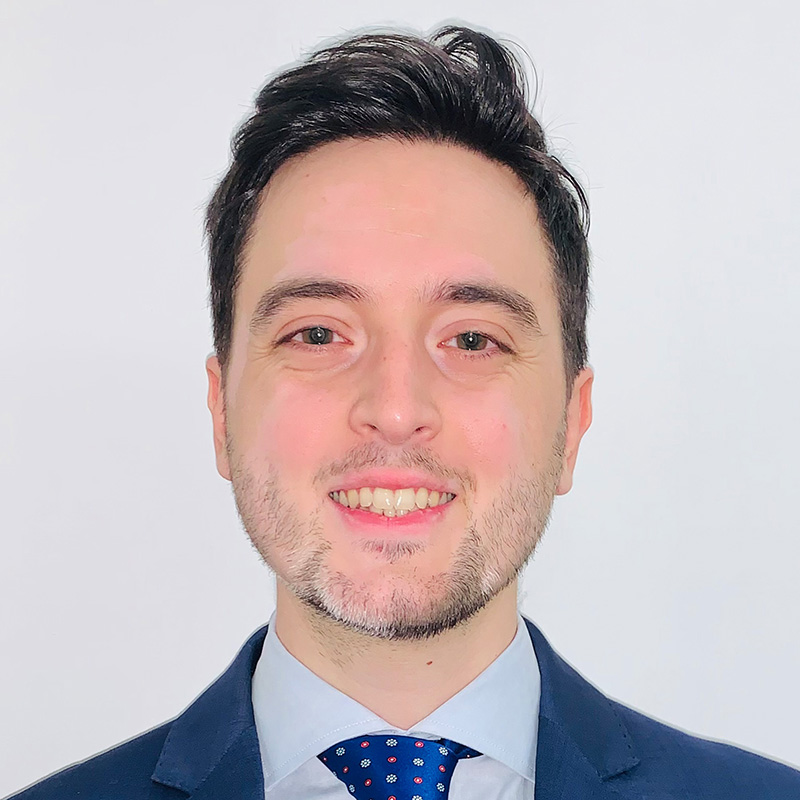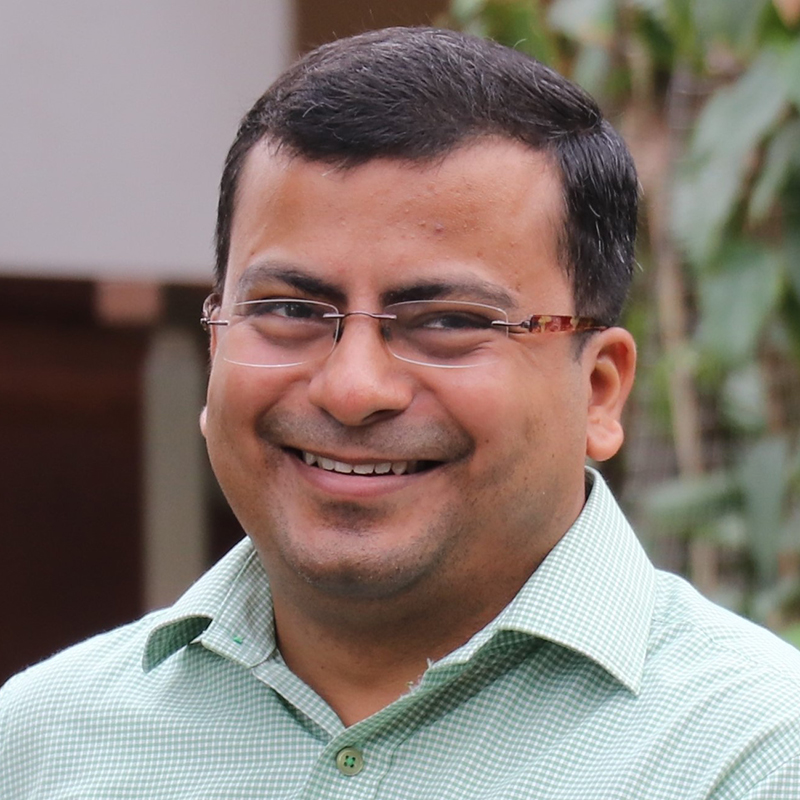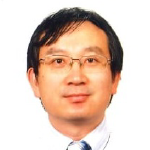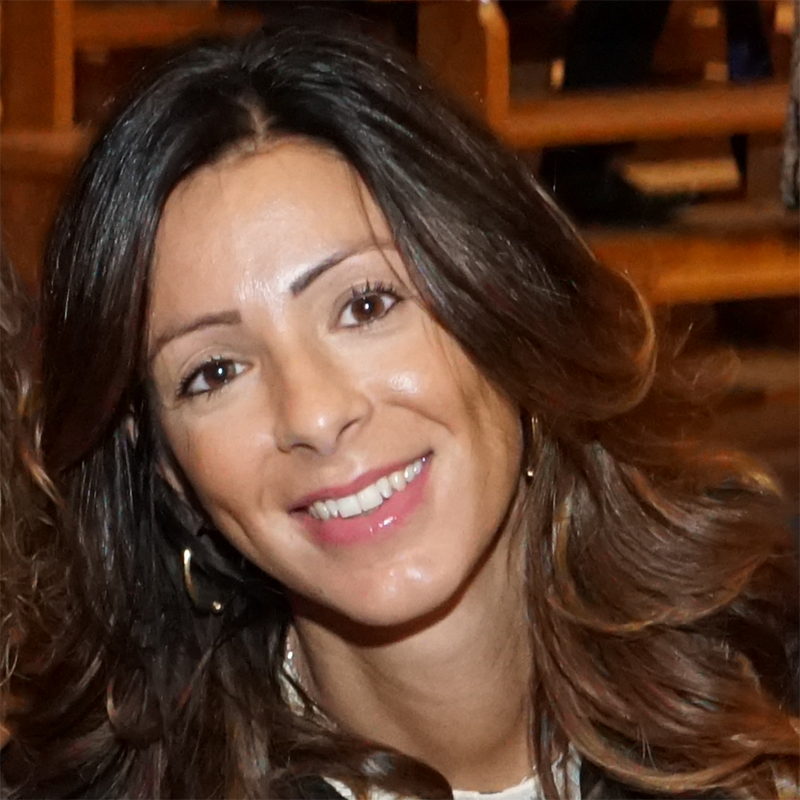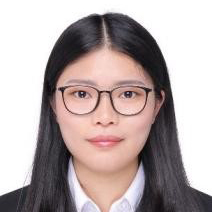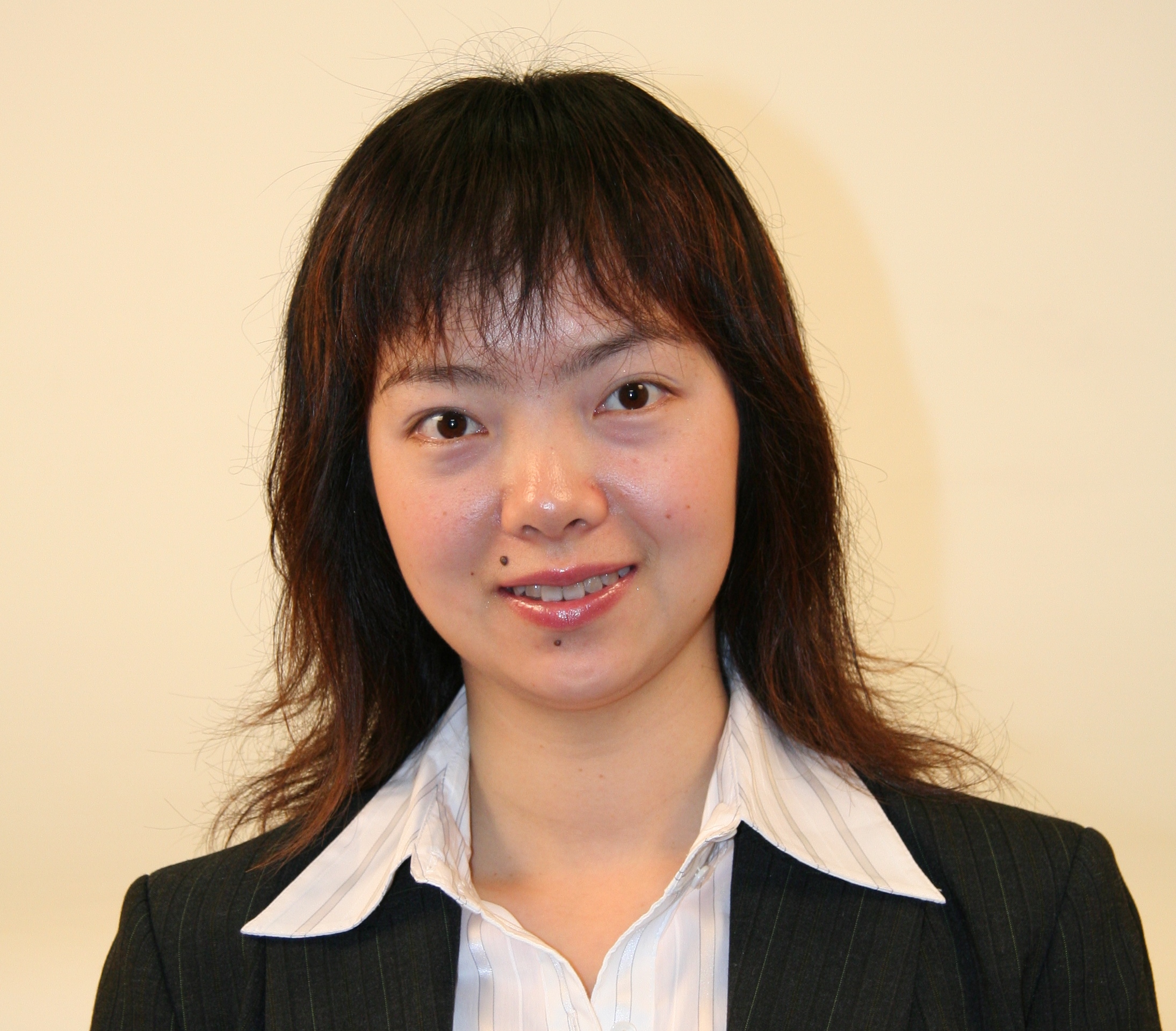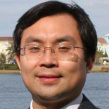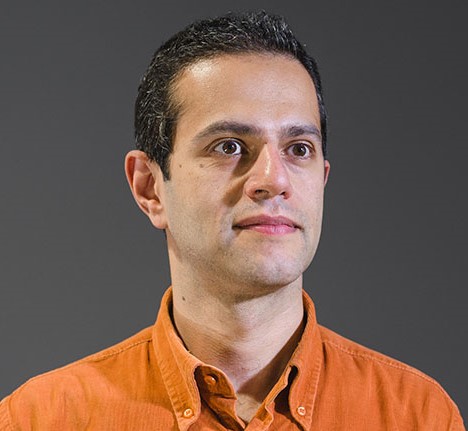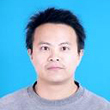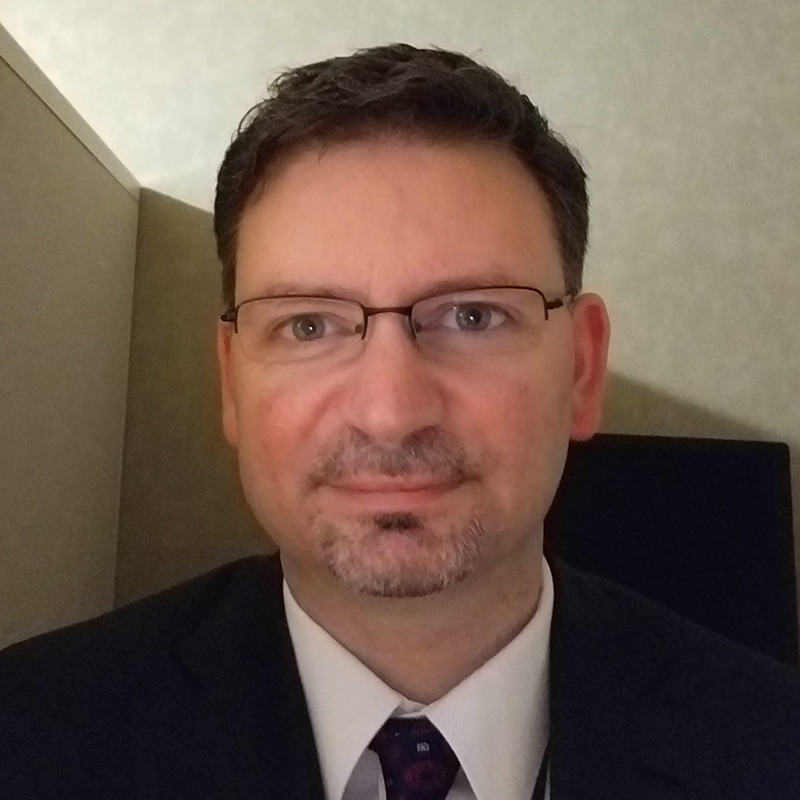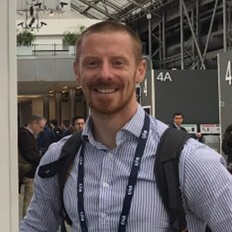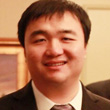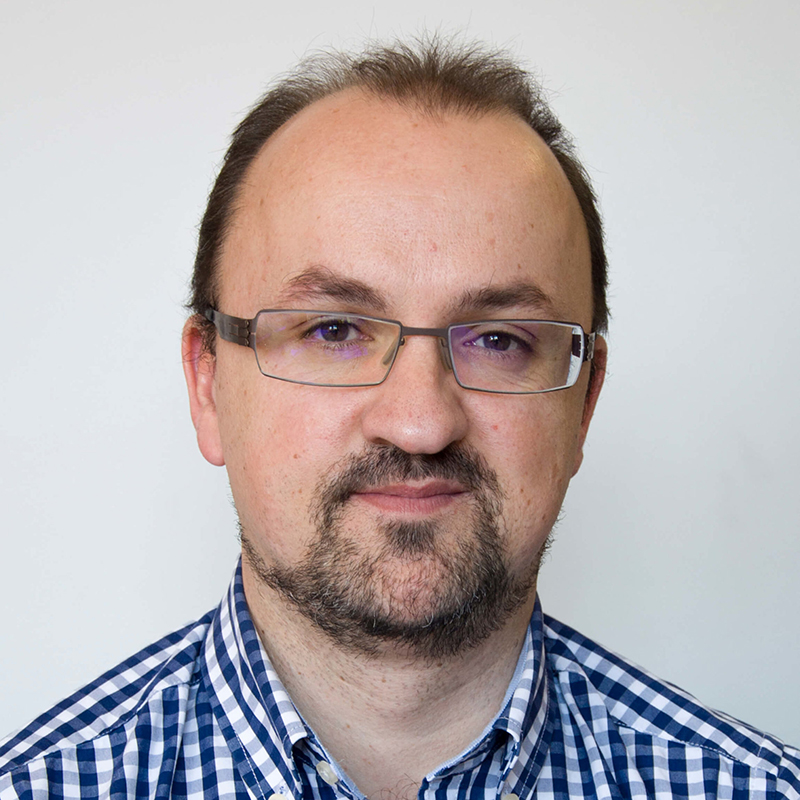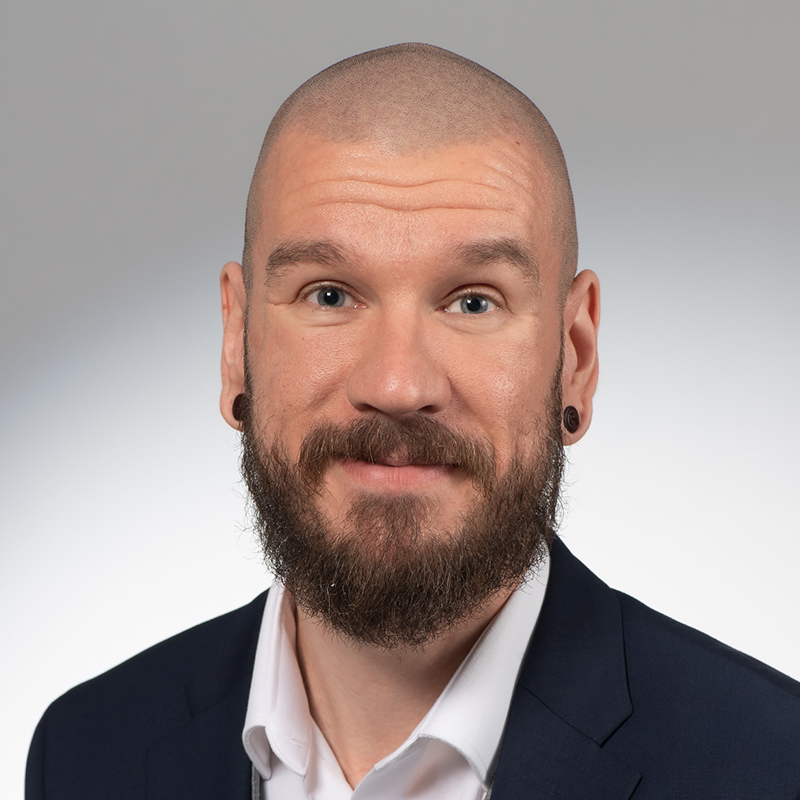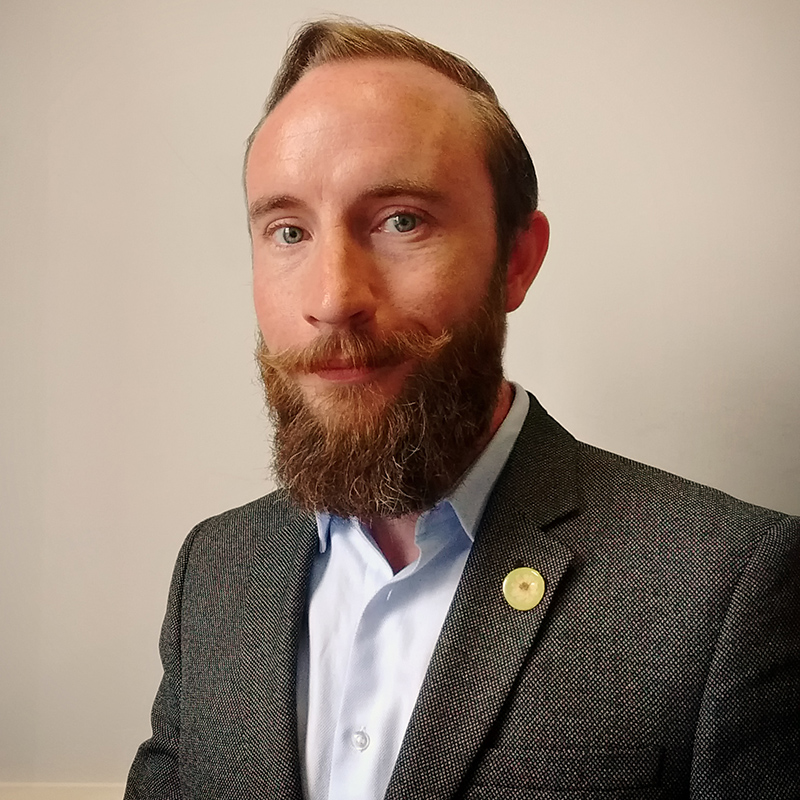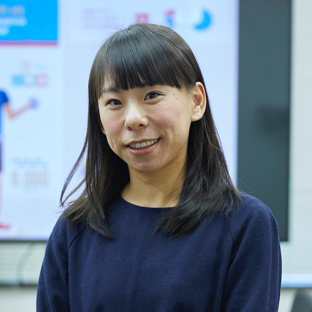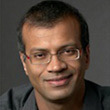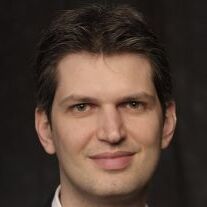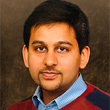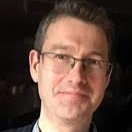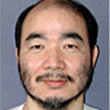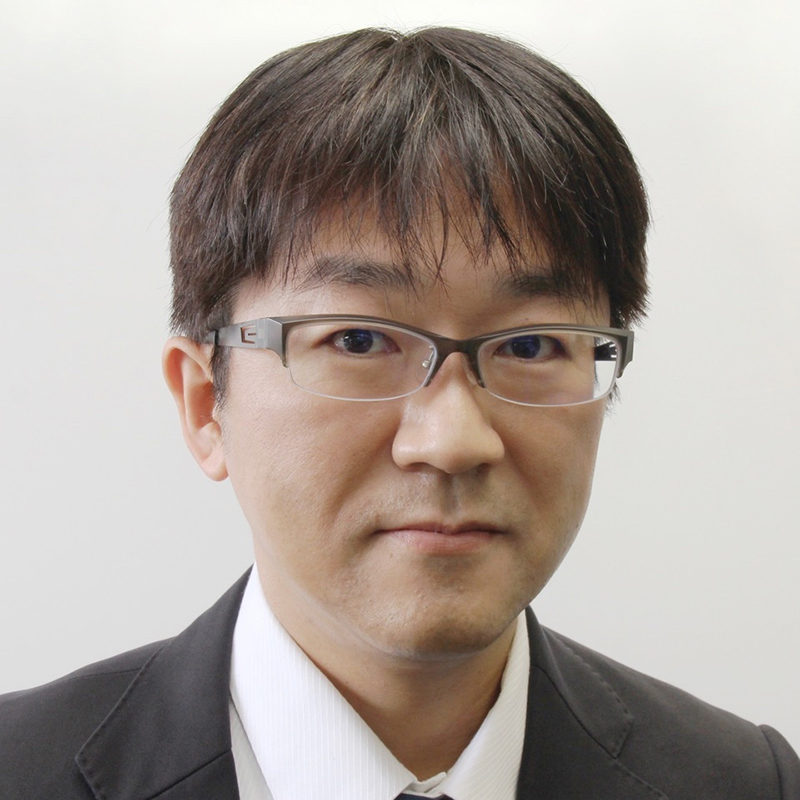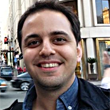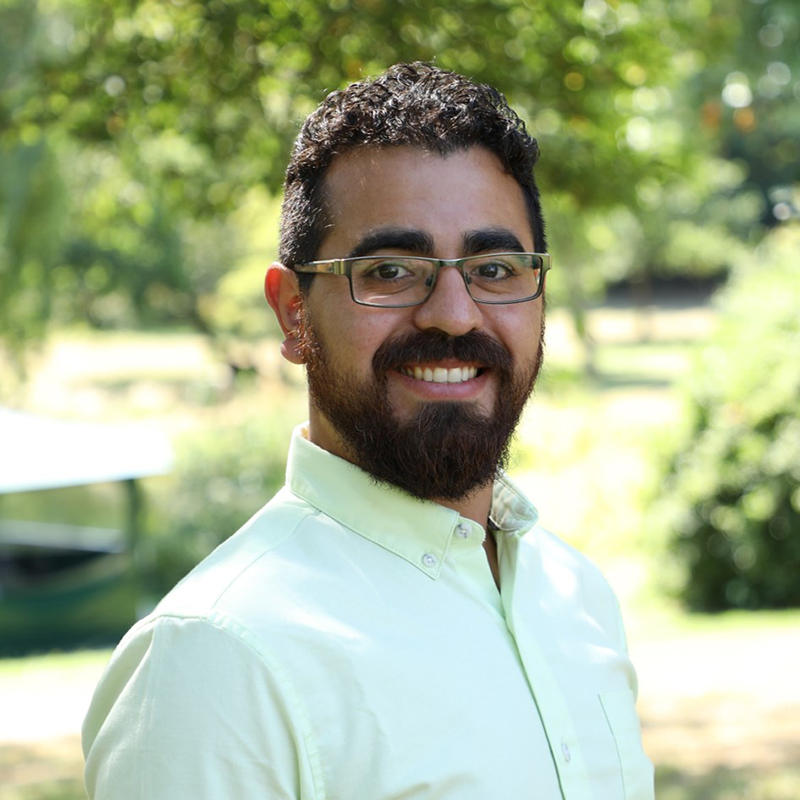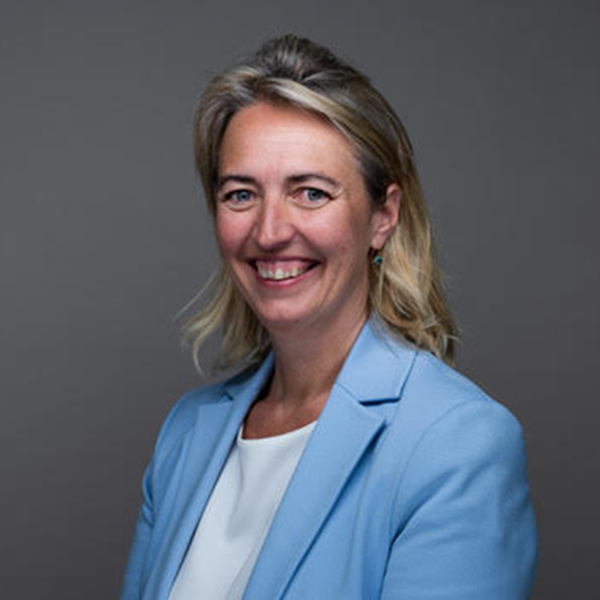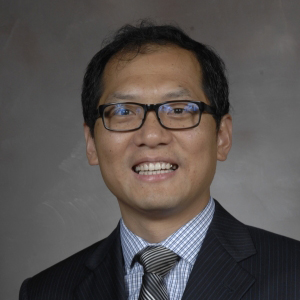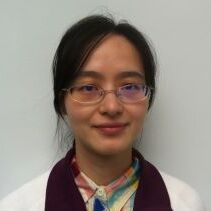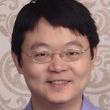Editor-in-Chief
Contact the Editor-in-Chief
Managing Editor
Senior Editors
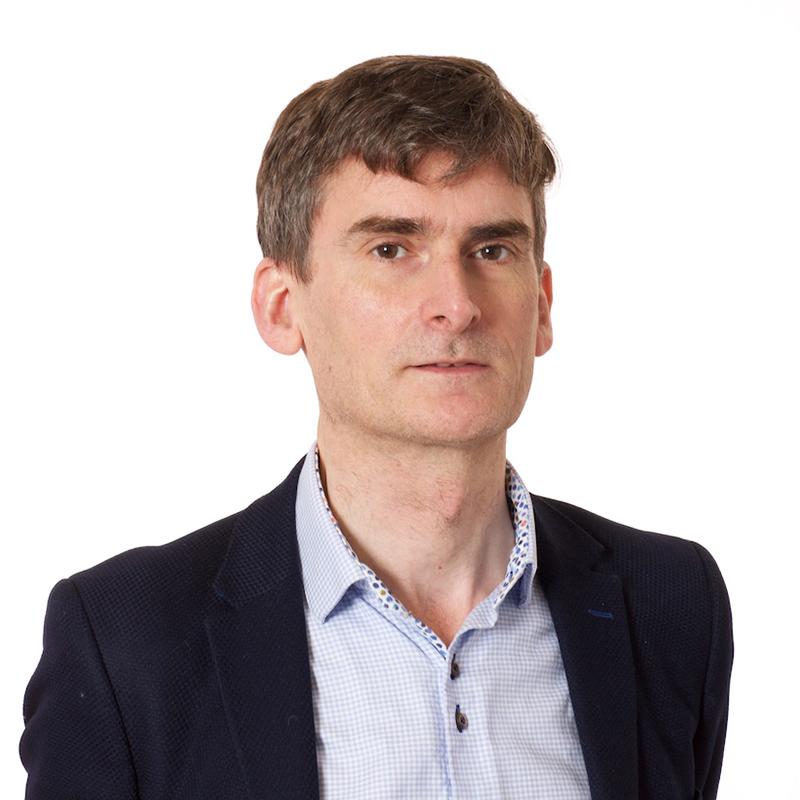
Gerard Boyle, PhD
Department of Medical Physics & Bioengineering at St. James’s Hospital Dublin, Ireland
Read Bio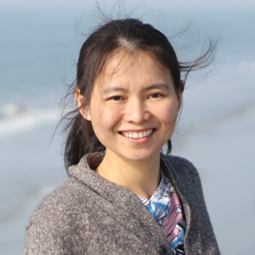
Dr. Quanying Liu
Southern University of Science and Technology (SUSTech), and PI of Neural Computing and Control Lab
Read Bio
Arturo Forner-Cordero, PhD
Polytechnic School of the University of São Paulo, São Paulo, Brazil
Read BioAssociate Editors
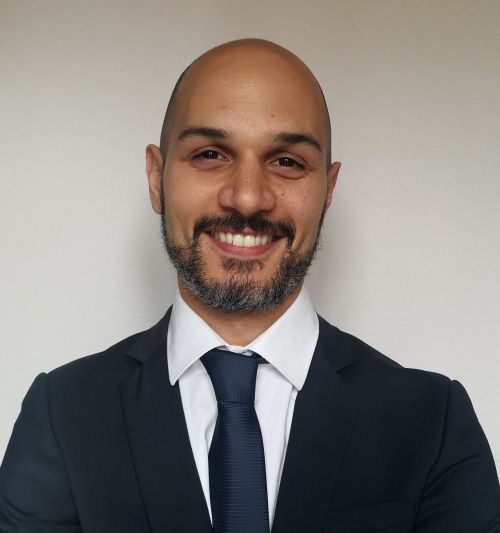
Michele Ambrosanio, PhD
Tenure Track Associate Professor at the University of Naples “Parthenope”, Italy
Read Bio
William F Auffermann, MD, PhD
University of Utah, Department of Radiology, Salt Lake City, UT, USA
Read Bio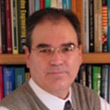
Cesar Bandera, PhD
Leir Chair in Leadership, Entrepreneurship, and Management, Associate Professor of Entrepreneurship, New Jersey Institute of Technology, USA
Read Bio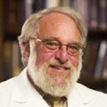
Clifford Dacso, MD, MPH, MBA
Baylor College of Medicine; University of Houston; Founding Co-Editor-in-Chief of JTEHM, Houston, TX, USA
Read Bio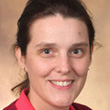
Erica Forzani, PhD
Arizona State University; Center for Bioelectronics & Biosensors at The Biodesign Institute; Mayo Clinic, Tempe, AZ, USA
Read Bio
Geoffrey M. Gray, PhD
Center for Pediatric Data Science and Analytic Methodology, Johns Hopkins All Children’s Hospital, St. Petersburg, FL, USA
Read Bio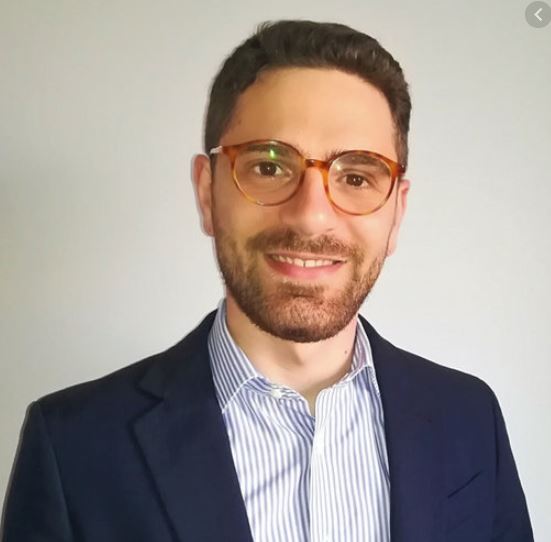
Cosimo Ieracitano, PhD
Assistant Professor, DICEAM, University Mediterranea of Reggio Calabria, Italy
Read Bio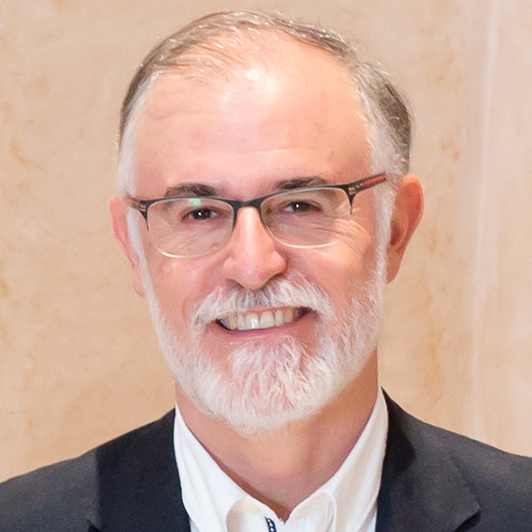
Raimon Jané
Universitat Politècnica de Catalunya (UPC Barcelona Tech), Institute for Bioengineering of Catalonia (IBEC), Spain
Read Bio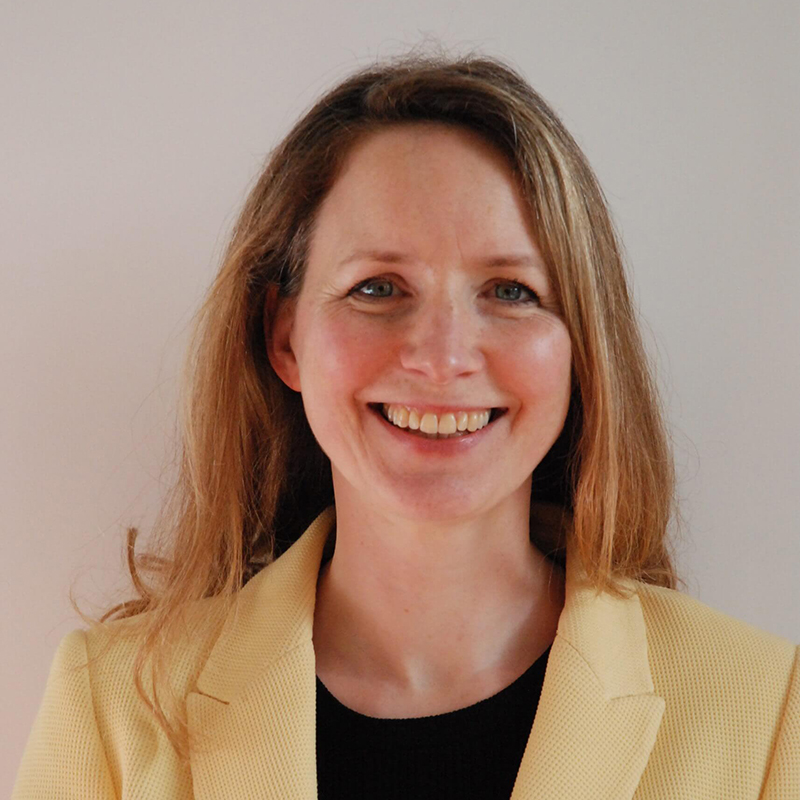
Isabelle Killane
School of Mechanical and Design Engineering, Technological University Dublin
Read Bio
Unyoung (Ashley) Kim, PhD
Santa Clara University; Biological Micro/Nanosystems Laboratory, Santa Clara, CA, USA
Read Bio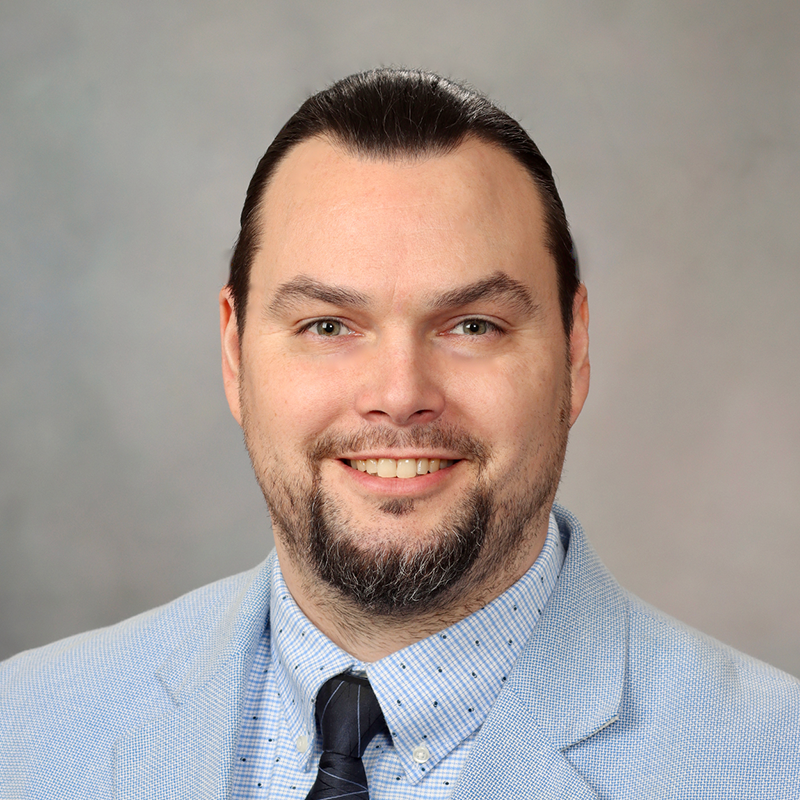
Vaclav ’Vaa-tzla-v Kremen
Neurology, Mayo Clinic Rochester, MN, USA CIIRC, Czech Technical University in Prague, Prague, Czech Republic
Read Bio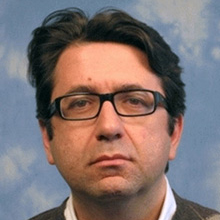
Silvestro Micera, PhD
Translational Neural Engineering Laboratory at the EPFL, Lausanne, Switzerland
Read Bio
Srini Tridandapani, MD, PhD
University of Alabama, Department of Radiology, Birmingham, AL, USA
Read BioWe are delighted to honor our JTEHM colleagues with five years or more service on the editorial board.
- Steve Schachter, MD
Clinical Editor - Clifford Dacso, MD, MPH, MBA
Clinical Editorial Board, Steering Committee - Julian M. Goldman, MD
Clinical Editorial Board - Gerald J. Kost, MD, PhD
Clinical Editorial Board - David Livingston, MD, FACS
Clinical Editorial Board - Nicola Zetola, MD, MPH
Clinical Editorial Board - Metin Akay, PhD
Steering Committee - Paolo Bonato, PhD
Steering Committee, Associate Editor - Atam Dhawan, PhD
Steering Committee - Qi Duan, PhD
Steering Committee - Arturo Forner Cordero PhD
Steering Committee - Jeffrey Kaye, MD
Steering Committee - Thomas Penzel, PhD
Steering Committee - Srini Tridandapani, MD, PhD
Steering Committee, Associate Editor - Cesar Bandera, PhD
Associate Editor - Mathias Baumert, PhD
Associate Editor - David Fenstermacher, PhD
Associate Editor - Hossam Haick, PhD
Associate Editor - Anant Madabhushi, PhD
Associate Editor - Manjunatha Mahadevappa, PhD
Associate Editor - José del R. Millán, PhD
Associate Editor - Luca Pollonini, PhD
Associate Editor - Richard B. Reilly, PhD
Associate Editor - Kenji Sunagawa, PhD
Associate Editor - Bernhard H. Weigl, PhD
Associate Editor - Ting Xia, PhD
Associate Editor

